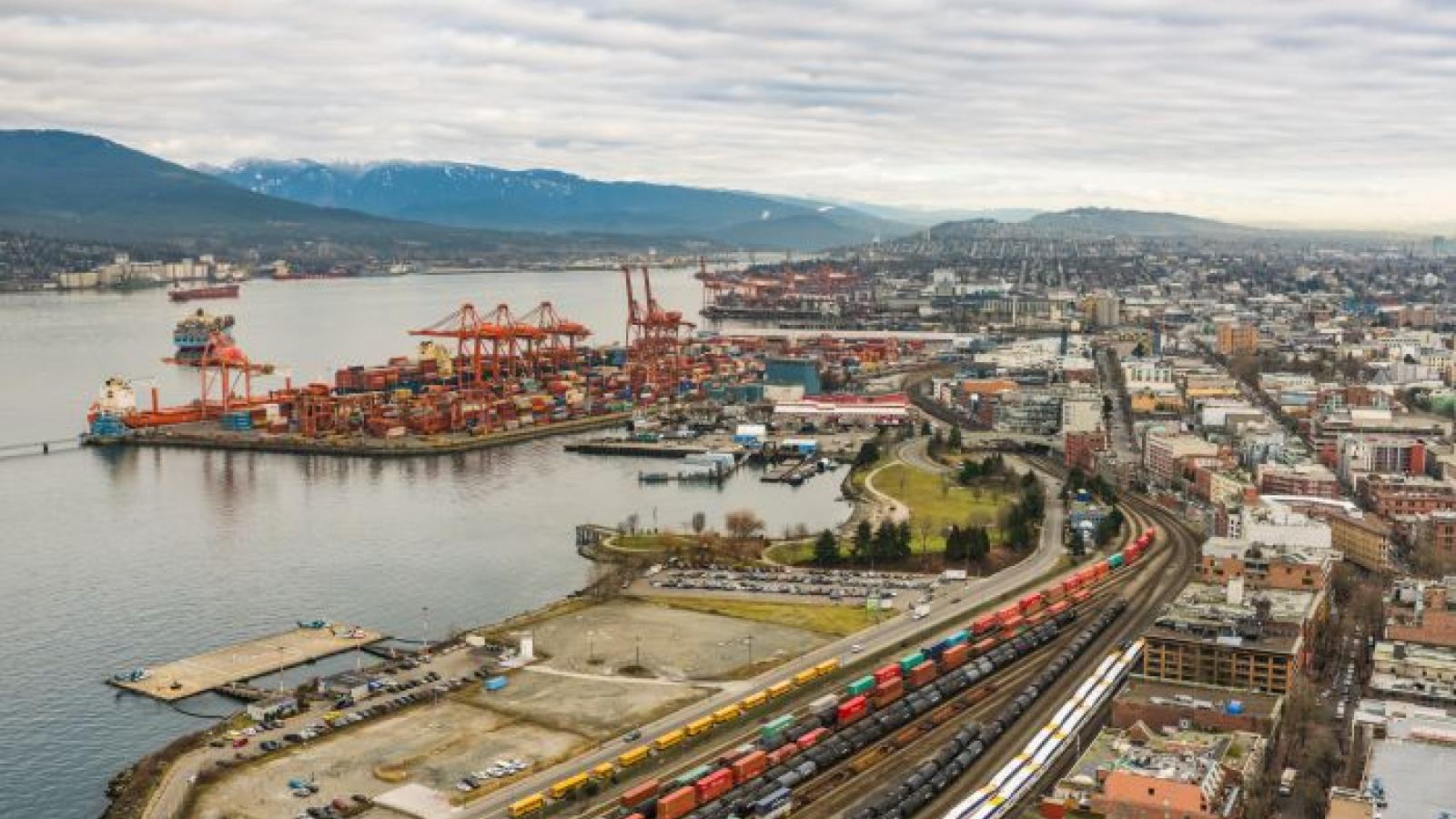
Time:2023-06-30 Source:Original website Popularity:1159

Update with comments from OEC Chief Executive Marc Bibeau
Dockworkers on Canada’s West Coast plan to strike Saturday, saying they were “left with no choice” after failing to make progress during recent negotiations with maritime employers. The planned strike, which has no defined end date, would include Vancouver, Canada’s largest port and a gateway for goods landing in the US Midwest.
So far, there have been no operational slowdowns reported at British Columbia ports, and cargo is moving promptly, the head of one of Canada's largest ocean forwarders said, who added that a strike would heap further economic pain on all port stakeholders who are already dealing with slower trade.
The International Longshore and Warehouse Union Canada (ILWU Canada) and the British Columbia Maritime Employers Association (BCMEA) said in separate statements Wednesday that the union sent formal notice that its members will walk off the job as of 8 a.m. West Coast time on July 1.
ILWU Canada said it filed the 72-hour strike notice because the BCMEA has “refused to negotiate on the main issues, and we feel we are left with no choice but to take the next step in the process.” The union, though, urged maritime employers to negotiate in “good faith” on wages and automation during contract talks that will continue ahead of the planned strike.
ILWU Canada said in its statement that its main goals are higher wages, protections for workers against automation and restricting the use of nonunion labor at port-related operations.
“We call on the BCMEA to drop all concessions and get serious about negotiating with the union in good faith,” it said, without addressing the specific concessions requested by the BCMEA.
Grain vessels will still be served during a strike, the BCMEA said, adding it is still negotiating with ILWU Canada about serving passenger ships.
The BCMEA said talks with the union, facilitated by federal mediation, will resume Thursday. The talks have been under federal mediation since March 28 when ILWU Canada first asked for the intervention.
The employers’ group said its members have put forth multiple offers “in good faith, with the objective of making progress and achieving a fair deal at the table.” It said it is willing to submit to binding arbitration if ongoing talks fail to reach a deal.
“Despite today’s regrettable development, we remain ready to reengage with our labor partners through the federal mediation process, with the desire of reaching a fair and balanced deal at the table that keeps our ports stable and goods flowing for Canadians,” the BCMEA said.
The potential impact of a strike on container operations at Vancouver is unclear at this point. Only five container ships are at berth at the port currently, with two of those having arrived Wednesday. It was not clear when they are expected to depart.
Marc Bibeau, president and chief executive of OEC Group Canada, told the Journal of Commerce that the Vancouver and Prince Rupert container ports are currently "100% fluid with no congestion and no delays."
He said that he is "cautiously optimistic" that a deal can be struck soon to shorten, if not completely avert a strike. The talks between the two sides in Canada have only gone on for three months compared with the protracted, 13-month negotiation period for a US West Coast labor deal. The federal government may also look to intervene more forcefully if a strike were to hit British Columbia ports, Bibeau said.
With a tentative deal at US West Coast ports all but assuring labor peace, Bibeau said Canadian ports risk losing more cargo amid an already soft market that has hurt all port stakeholders.
"The economy is already soft, so we can't afford to lose more volume, which also affects the labor pool" Bibeau said. "Both sides have to come to a deal because volumes are already down double digits."
The Canadian strike threat comes two weeks after the ILWU on the US West Coast and waterfront employers reached a tentative deal on a new six-year contract after 13 months of contentious talks.
Source from JOC.com/Michael Angell